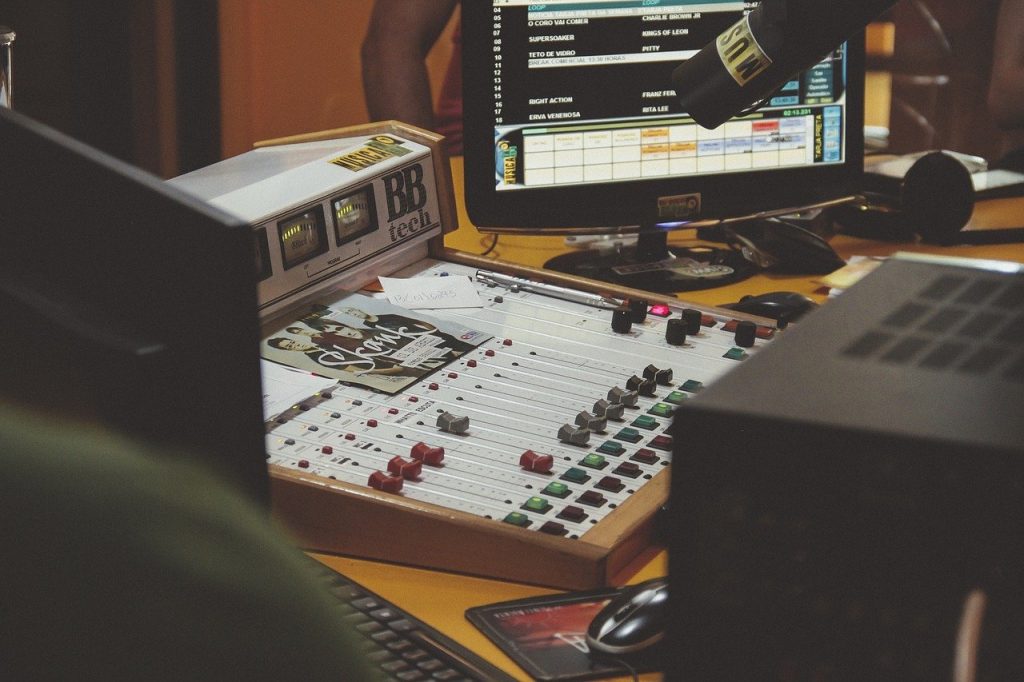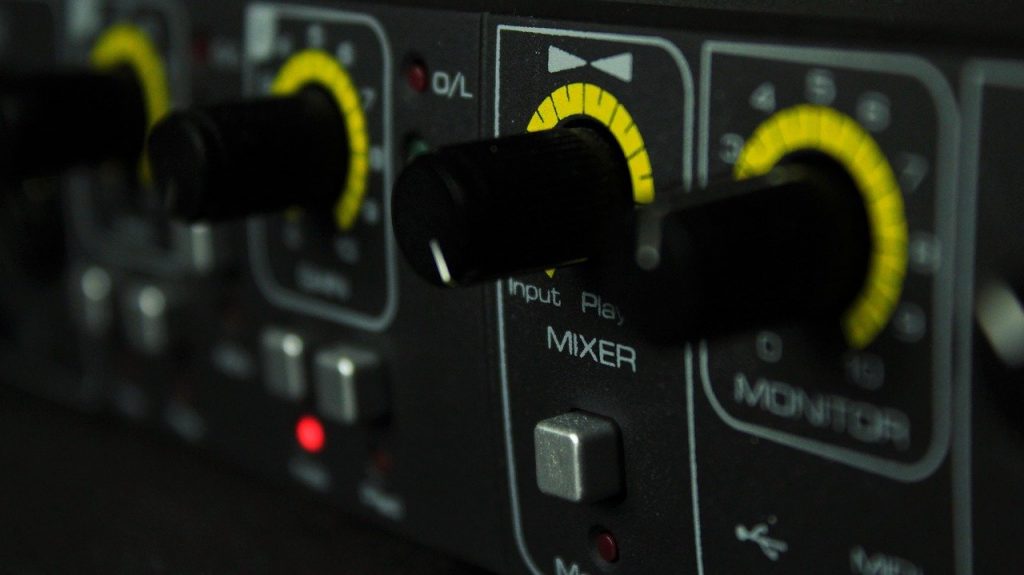We continue with our talks with Ramir Martínez, producer and sound engineer and professor of Sound, Electronic Music Production and Live Performance at Microfusa. This time to get a perspective on how the music production medias have evolved
A week ago we were talking with Ramir about how Internet has transformed popular music. More than 25 years of experience on the Microfusa faculty, an intense artistic career leading various pop and electronic rock bands and his work as a producer and sound engineer for groups such as Facto Delafé and Las Flores Azules or Mishima and remixer of Love Of Lesbian make him the ideal person to analyze how different aspects of the industry have changed in recent years. In today’s interview we had the opportunity to talk about music production medias, a sector in which the evolution of technology has determined the trend.
The evolution of popular music was marked by Internet, what has changed in music production medias?
Returning to what we were talking about the other day, we can summarize it in that the distribution medias have become virtual. In the same way, the same has happened with the production medias, they have been democratized. Basically, what was previously only available to a few is now available to many.
A few years ago, the only place you could develop a musical project, record an album, a song, was in a recording studio. And a recording studio entailed very high costs: space rental, maintenance, equipment rental, the sound technician who was hired by the owner of the studio. In order to maintain all this infrastructure a large investment was necessary.
In the 21st century, all this necessary technology has been virtualized and concentrated on the computer. So, the way that all those processes were performed, all those tasks, and those roles have changed as well. If we compare, before 2000 a recording system, audio processors, a mixing console, monitors, and ultimately many different devices were necessary to make a recording. And what has happened is that, as computers have gained computing power and storage capacity, we can have everything in a single “box”. So a single person with a computer (without the need for it to be a super-computer) can do what different independent devices did a few years ago. Therefore, the cost of a recording studio, prior to current computers, could be 10 to 100 times the cost based on a computer.

This will have been reflected in musical creation, right?
A phenomenon has appeared that is closely associated with our days: the electronic music. Any kid can download an app and do a simple creation. They are the bed producers. And now we have a very young generation without much musical knowledge that can make music from their bedroom. Among them we can find examples of this real democratization, artists who do not have many resources but a musical interest, something to explain, and who have achieved success. As an example we can cite C. Tangana and Alizzz. On “El Ídolo”, an album that is now a benchmark for urban music, Alizzz explained how they started the project with a precarious computer based on desktop personal computers.
And what is the general feeling of this new computer-based music?
Like everything, it has a good and a bad part. Detractors of computer-based music believe that it is soulless music created by people without musical knowledge. Instead its advocates say it opens the door to thousands of creators who can explore their artistic capabilities and gives an opportunity to people who have not undergone formal musical training.
The phenomenon of bed producers, for example, is closely linked to the new trend in EDM, a trend in which many of its producers are very young and where figures such as Avicii, Martin Garrix and many others have stood out.
Ultimately, technology is only a tool and you can see it as a threat or as an opportunity. Of course, from a production point of view, having the tools does not mean that you acquire talent. The tools offer you the possibility but the talent is either given to you innately or you develop it with work, or more frequently by combining both aspects. The fact that the production medias are currently democratized is the same thing that happens to all of us now with the super mobiles that we have. The cameras included have incredible optics but this does not mean that they make us great photographers. In addition, the availability of great technology implies having the appropriate knowledge to extract all the juice, to know how to express emotions with it, to know how to direct the production process, etc.

Will the recording studios disappear?
Summarizing concepts we can say that the technology of the 21st century has allowed many more people to join the world of music transforming it into a global production. People from China, Europe, Latin America, Africa can access, creating a phenomenon of global production. And this is good news because it means that there are many more people than ever creating using computer technology. Before the filter was to have access to a recording studio. And you only got it if you had income through concerts or a contract with a record company.
But that does not mean that productions can only be done through a computer. It just means that they can now be done in a way that they couldn’t before. But when it comes to group music with instruments, with strict technological requirements, with microphones and recording spaces, among others, all this cannot be assumed by the computer alone and recording studios are still as necessary as two decades ago.
We can draw a parallel with the appearance of the first synths in the 60s. Robert Moog was asked what is going to happen now with the synthesizers? Do you want to replace the instrumentalists with electronic instruments? For many people in the world of classical music this was a threat and they believed that the orchestras were going to disappear. And nothing happened, it just became another form of expression that developed in parallel to existing ones such as popular music.
Ronda Guinardó, 65. Barcelona / Tel.: 934 353 688
Paseo de Juan Antonio Vallejo – Nájera Botas, 59. Madrid / Tel.: 917 024 592


